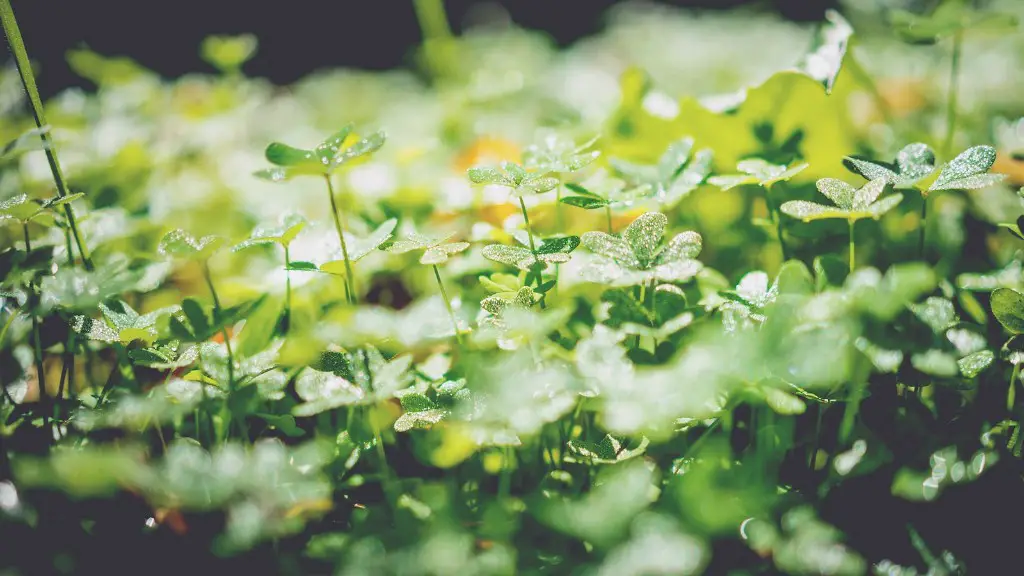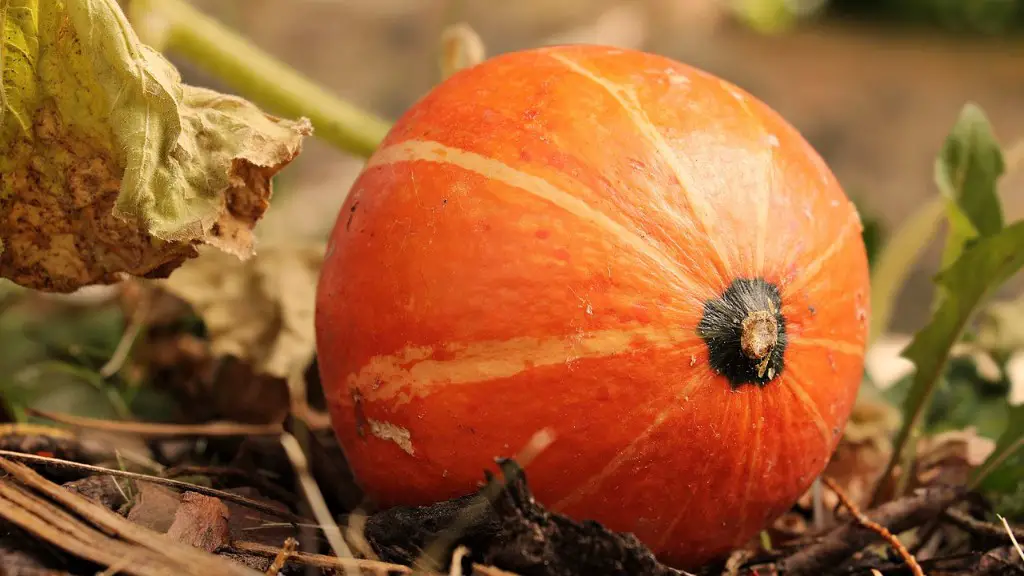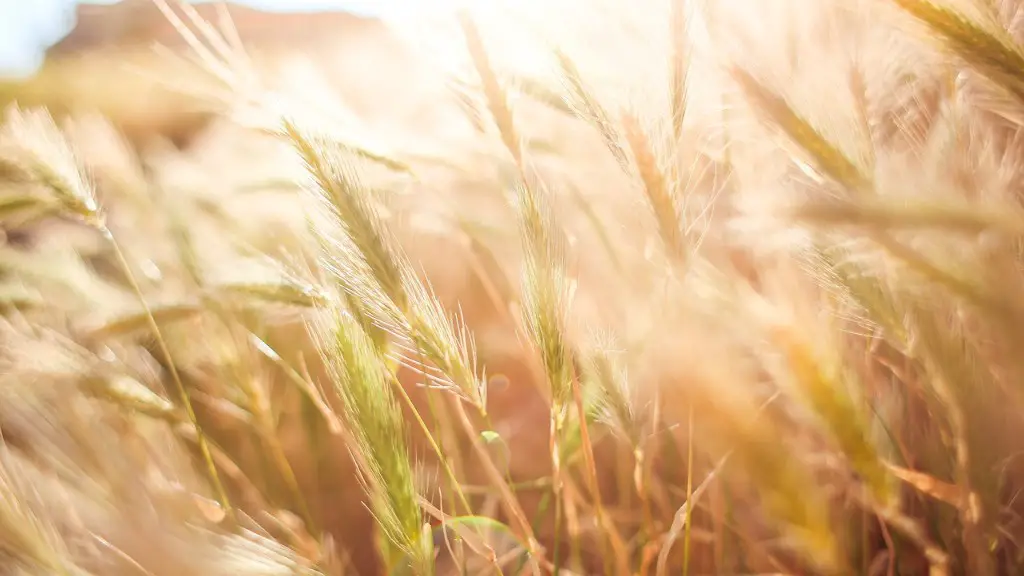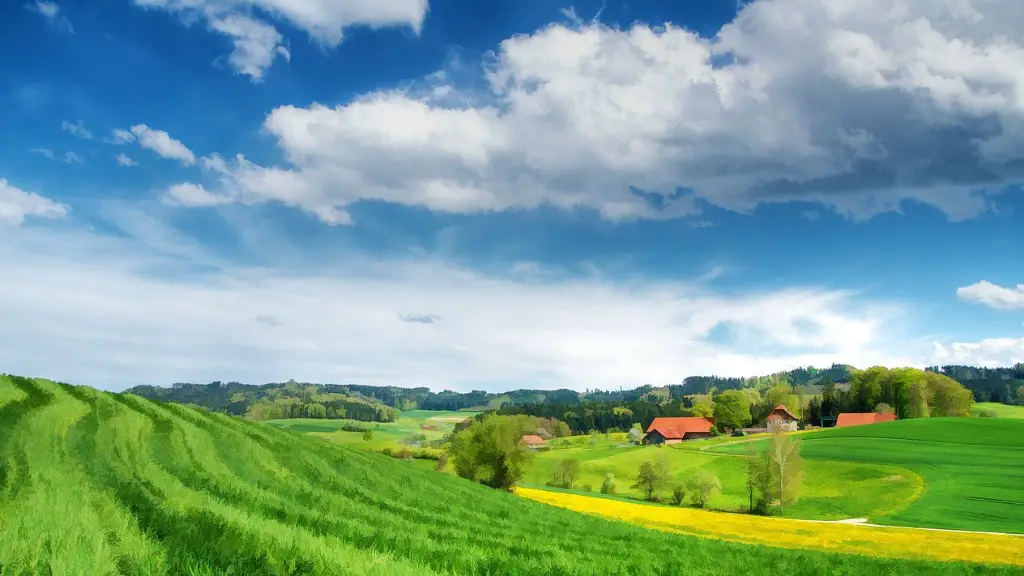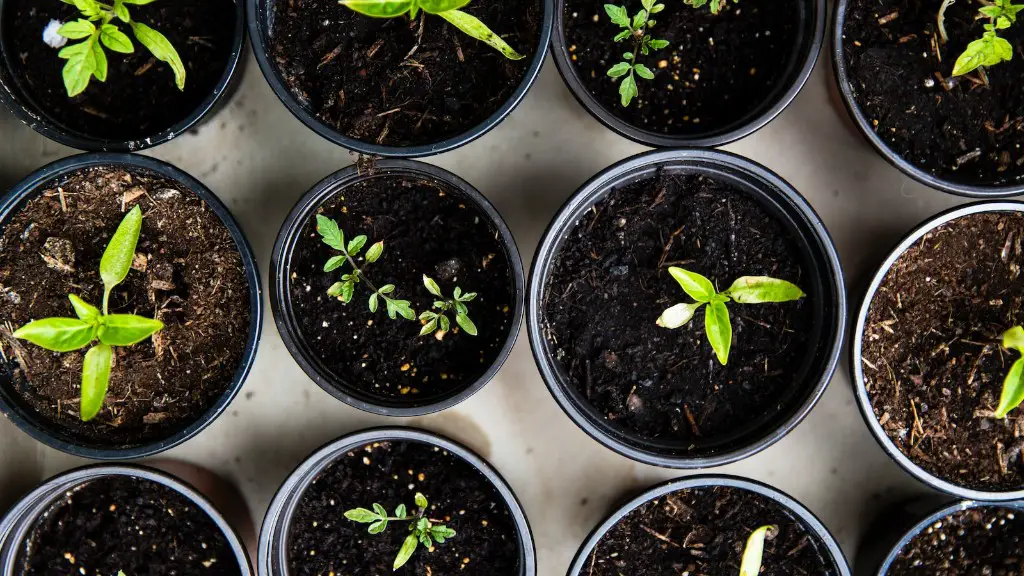Biosolids are organic matter that has been treated and stabilized using a process of anaerobic digestion, dewatering, and sometimes heat drying or pelletization. The United States Environmental Protection Agency (USEPA) defines biosolids as “solid, semi-solid, or liquid material resulting from the treatment of domestic sewage sludge.” There are many beneficial uses of biosolids including: agricultural fertilizer, a soil amendment, and a land reclamation agent. However, due to their high nutrient and water content, biosolids can pose a serious pollution threat if not managed properly.
There is no definitive answer to this question as opinions on the matter vary greatly. Some people believe that biosolids are safe to use in agriculture, while others believe that they can pose a serious health risk. The truth likely lies somewhere in between, and it is important to do your own research on the matter before making a decision.
Is it safe to eat food that has been grown using biosolids?
The US EPA has found that biosolids recycling is safe and that food crops grown on land fertilized with biosolids are safe to eat. They have years of research and practice to support this conclusion.
The main disadvantages to using biosolids are odors, the presence of certain metals, and concern about pathogens. Some people also worry about potential over-application of nutrients.
Can biosolids be used in organic farming
The United States Department of Agriculture’s National Organic Program prohibits the use of biosolids and compost produced from biosolids in organic agriculture. This is because biosolids and compost can contain harmful chemicals and pollutants that can contaminate organic crops and soil.
Biosolids are a type of solid waste that is produced from the treatment of sewage. They are made up of organic matter, such as human waste, that has been treated to remove harmful pathogens.
Decades of studies have shown that biosolids can be safely used for the production of crops. In fact, the USEPA has regulations in place to ensure that biosolids are properly treated and used in a way that minimizes any potential risks to human health or the environment.
There are many benefits to using biosolids for crop production, including the fact that they can improve soil quality and fertility. Biosolids can also help to reduce the need for chemical fertilizers, which can be harmful to the environment.
Overall, biosolids are a safe and effective way to improve crop yields and soil quality.
What are the negative effects of biosolids?
Biosolids samples have been found to contain PCBs, which have been shown to cause cancer as well as harmful effects on the nervous, reproductive and immune systems. This is a cause for concern, as biosolids are often used as fertilizers and may end up in our food supply.
Pathogens in biosolids can pose a serious health risk if they are present in high enough concentrations. People can be exposed to these pathogens through contact with the soil, water, or air. In some cases, exposure to these pathogens can lead to serious diseases.
Are biosolids safe for vegetable gardens?
Biosolids compost is safe to use and generally has a high degree of acceptability by the public. Thus, it competes well with other bulk and bagged products available to homeowners, landscapers, farmers, and ranchers. Three methods of composting wastewater residuals into biosolids are common.
Thank you for contacting Miracle-Gro customer service. Sean stated that, “according to our information, products do not contain anything like biosolids!” We appreciate your inquiry and hope this helps.
Do biosolids contain toxics or heavy metals
While biosolids may be a great resource for cropland, it is important to be aware that they may also contain toxic heavy metals. If these metals are present at higher concentrations than the permissible limits, they could lead to food chain contamination and have fatal consequences. Therefore, it is important to carefully test and monitor biosolids before using them on cropland.
PFAS are present in both plant effluent and biosolids at waste water treatment facilities in the United States. The most common PFAS compounds found in sludge are PFOS and PFOA. As expected, the concentration of PFAS in biosolids is higher at facilities that serve industrial customers.
Why do farmers use biosolids?
Biosolids have been shown to be very effective in regenerating soils. They help to establish sustainable vegetation, reduce the bioavailability of toxic substances, control soil erosion, and restore soil layers. Soil regeneration is crucial for reclaiming sites with little or no topsoil.
Sewage sludge refers to the solid wastes separated during the treatment of municipal wastewater. This includes domestic septage, or human waste. Biosolids are treated sewage sludge that meets the EPA pollutant and pathogen requirements for land application and surface disposal.
What chemicals in biosolids are considered hazardous
Biosolids are treated sewage sludge that is often used as a fertilizer. However, biosolids may still contain many hazardous substances after treatment, including antibiotics and pharmaceuticals, mercury, endocrine disrupting compounds like phthalates and bisphenol A, brominated flame retardants, and nanoparticles. This can pose a risk to human and environmental health if biosolids are not properly managed.
There are two main types of biosolids – Class A and Class B. Class A biosolids have been treated to remove pathogens, while Class B biosolids have not. Both types of biosolids may contain chemicals and allergens, though Class B biosolids are more likely to contain pathogens.
Is milorganite a biosolid?
Milorganite is a brand of biosolids fertilizer produced by treating sewage sludge by the Milwaukee Metropolitan Sewerage District. The term is a portmanteau of the term Milwaukee Organic Nitrogen. The sewer system of the District collects municipal wastewater from the Milwaukee metropolitan area.
Biosolids are generally considered to be a beneficial resource due to their high concentrations of nutrients and organic matter. Both manure and biosolids can be used as fertilizer, which can help to improve the fertility of the soil. Biosolids can also be used to create biogas, which can be used as a renewable energy source.
Warp Up
Biosolids are safe to use in agriculture when they are treated and managed properly. Biosolids can contain harmful pathogens and other contaminants that can be harmful to people and the environment if they are not properly managed.
Yes, biosolids are safe to use in agriculture. They are a natural, renewable resource that helps improve soil health and plant growth.
